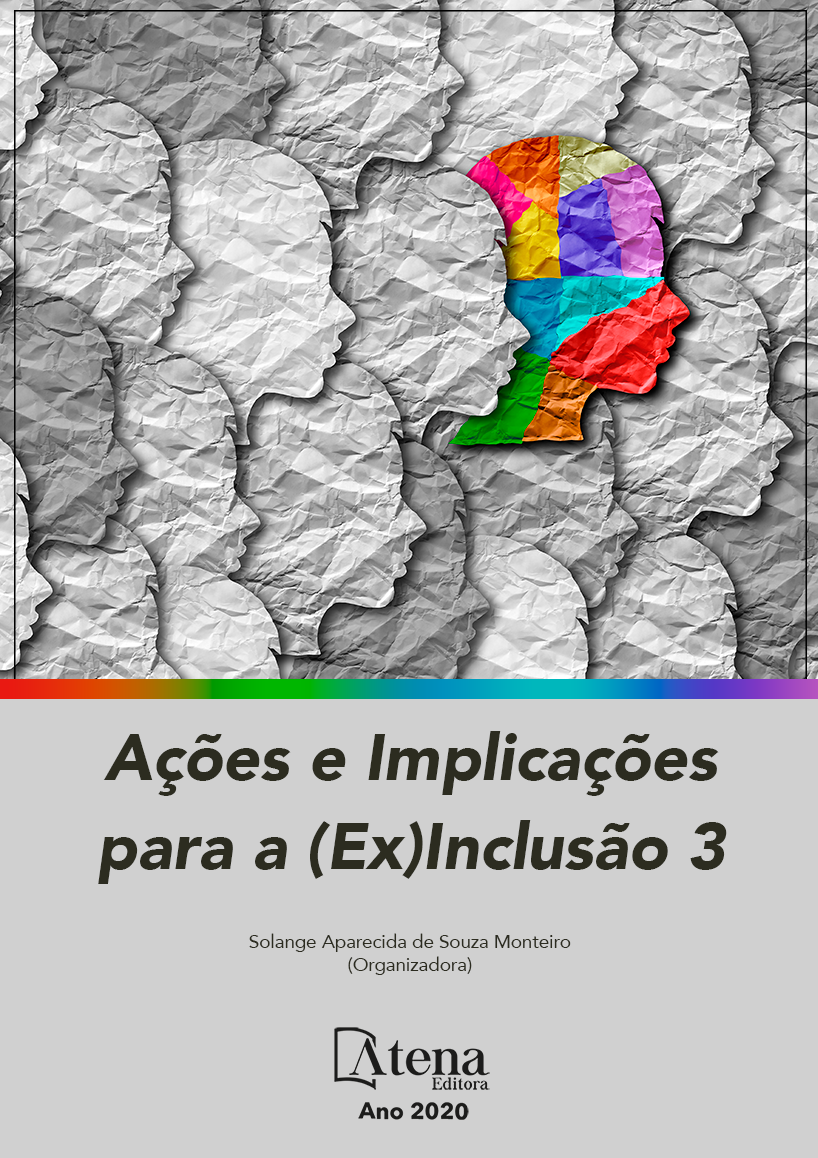
AÇÕES E IMPLICAÇÕES PARA A INCLUSÃO DA CRIANÇA CEGA: OS DESAFIOS DE ALFABETIZAR ESSE ALUNADO
Esse estudo apresenta os resultados de uma pesquisa bibliográfica, sobre como acontece o processo de alfabetização e letramento de crianças que nasceram cegas. Tais crianças apresentam desde a ausência total de visão até a perda da projeção de luz, logo elas perderam a capacidade de enxergar antes de terem a visão como padrão de referência para a alfabetização. Desse modo, a importância desse estudo está em relatar que, alfabetizar crianças cegas não diverge tanto de alfabetizar crianças videntes, porém, é preciso adequar a metodologia para atender as restrições resultantes da falta de visão. Os resultados mostram que essas crianças, geralmente, não apresentam dificuldades intelectuais para aprender, porém, elas podem apresentar dificuldades por conta da falta de estimulação. Nesse sentido, torna-se relevante que elas venham a frequentar o mais breve possível a escola de ensino comum, bem como o atendimento educacional especializado. Conclui-se que, quando elas se tornam alfabetizadas e letradas, ganham dignidade, equidade e emancipação, dando-lhes a honra, sobretudo, de terem acesso ao conhecimento, de se expressarem, de serem inseridas na sociedade, e principalmente, exercerem de fato sua cidadania.
AÇÕES E IMPLICAÇÕES PARA A INCLUSÃO DA CRIANÇA CEGA: OS DESAFIOS DE ALFABETIZAR ESSE ALUNADO
-
DOI: 10.22533/at.ed.7462010083
-
Palavras-chave: Educação Especial. Educação Inclusiva. Diversidade
-
Keywords: Special Education. Inclusive Education. Diversity
-
Abstract:
This study presents the results of a bibliographic research on how the process of literacy of children who were born blind happens. Such children present from total absence of vision to loss of light projection, so they lost their ability to see before seeing vision as a reference for literacy. Thus, the importance of this study is to report that literacy for blind children does not differ much from literacy for sighted children, but it is necessary to adapt the process to meet the restrictions resulting from the lack of vision. The results show that these children usually do not have intellectual difficulties to learn, but they may have difficulties due to lack of stimulation. In this sense, it becomes relevant that they will attend the common school as soon as possible, as well as the specialized educational assistance. It is concluded that when they become literate they gain dignity, equity and emancipation, giving them the honor, above all, of having access to knowledge, of expressing themselves, of being inserted in society, and especially of exercising fact your citizenship.
-
Número de páginas: 14
- Cristina Bressaglia Lucon


